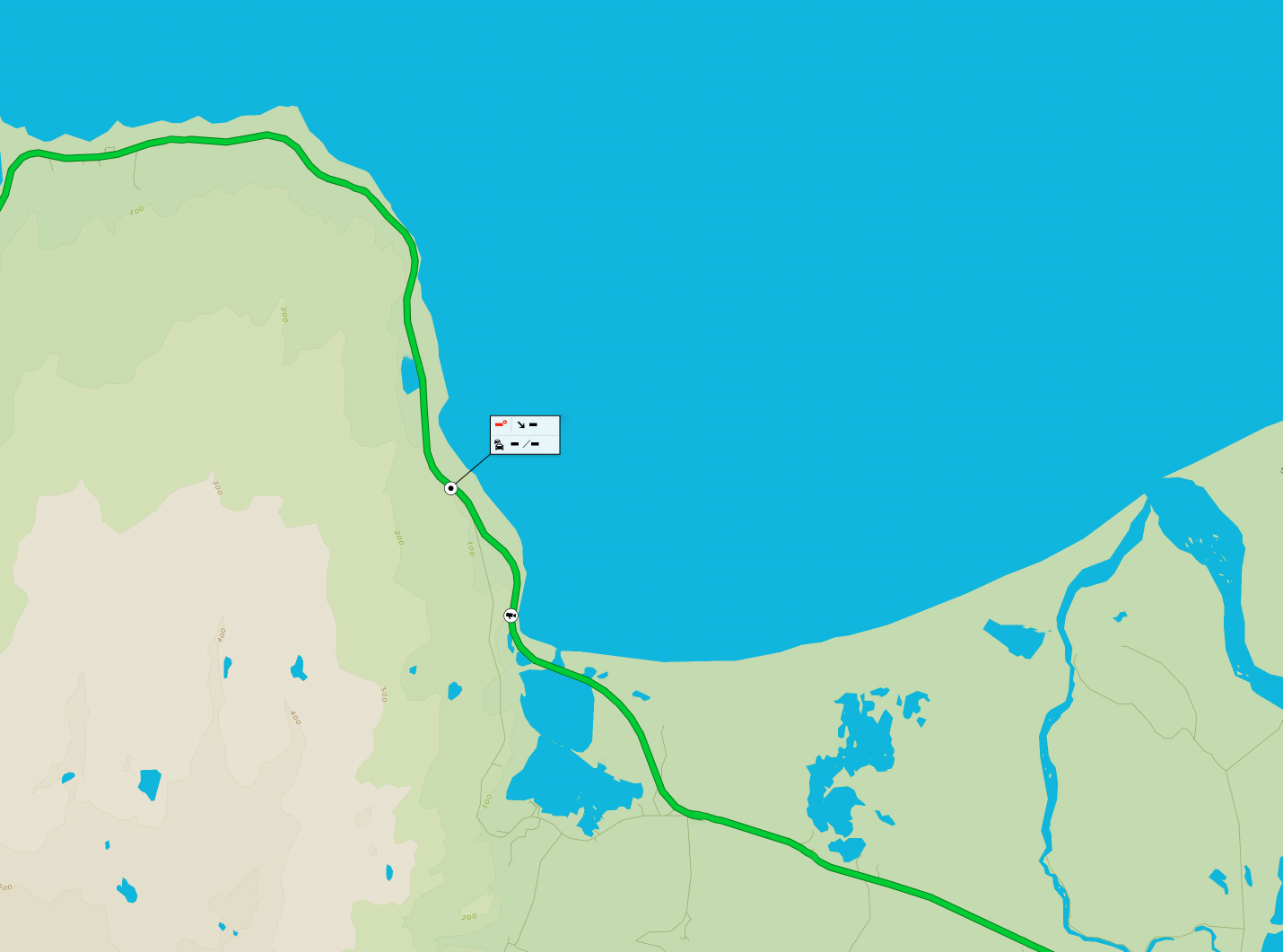Climate
UN Sustainable Development Goal 13: Climate Action, is one of the UN goals which the IRCA takes into special consideration in order to shrink its operations’ carbon footprint.
There included are the analysis and disclosure of greenhouse gas release, alongside undertakings to reduce energy and fossil-fuel usage in all of the IRCA’s operations and services.
Climate
Emphasised in the IRCA’s environmental policy are the economical usage of natural resources and reduction of greenhouse gas emissions. In order to reduce its climate footprint, the IRCA seeks to reduce its energy usage, design new construction projects with carbon footprint reduction as a primary objective, promote increasing the use of active modes of transport, such as cycling, and strengthen public transportation around the country, with the overarching goal being to reduce greenhouse gas emissions.
Clear policy and the active participation of IRCA employees are the base requirements necessary to attain these goals, and so education and taking responsibility in these matters are a part of the institution’s sustainability policy. One example of a project in development at the IRCA is the development of a carbon footprint calculator for lifespan analysis of all infrastructure construction in a standardised and accurate way.

Adaptation and resilience towards climate change
The consequenses of man-made climate change through the release of greenhouse gases can result in sea level rise, destabilisation of environmental habitats and extreme weather conditions such as heavy rain and flooding. It is important to consider these changes when designing infrastructure projects — and in other aspects of the IRCA’s operations — in order for the transport system to maintain a level of resistance and resilience, decreasing the odds of disruption and loss of transport links due to climate change.








